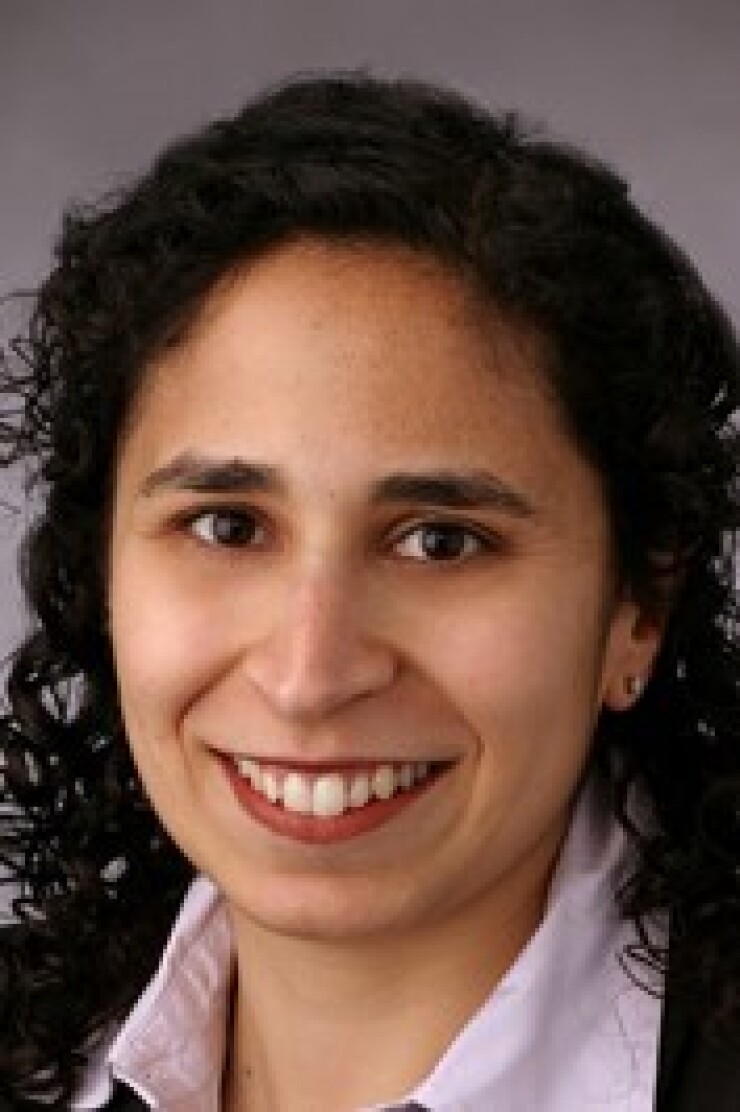Martin Arrick, a managing director at S&P Global Ratings and its longtime not-for-profit healthcare group leader, will retire on Jan. 15.
Arrick, 66, who lives in the San Francisco area, worked for S&P for nearly 30 years.
“I found a home here at S&P,” he said in an interview. “One thing led to another and I got a couple of promotions and then why would I need to go anywhere else? I’ve worked with a lot of wonderful people.”

Suzie Desai, a director and lead not-for-profit healthcare analyst, will succeed Arrick. She joined S&P in 2003 and works in Chicago.
“What’s great about Martin is his deep knowledge of the sector,” said Robin Prunty, a managing director and S&P’s head of analytics and research.
“He has shared the many nuances of healthcare over the years and is deeply respected by our public finance team,” she said. “We’re very sad to see him go, but he has done a great job and leaves a great legacy.”
Arrick, who grew up in Boston’s Brookline suburb, caught the healthcare bug while attending Case Western Reserve University in Cleveland. He earned his bachelor’s degree there and his master’s degree in public health from Columbia University.
“Healthcare was intriguing to me,” Arrick said. “The healthcare sector through the years has been exceptionally important to the economy. There are lots of public policy implications. It changes but it’s essentiality is there constantly.”
Arrick joined S&P on April 9, 1990, after working as a healthcare analyst in the New York State comptroller’s office. He has also held administrative positions in a hospital, a health maintenance organization and the New York City Department of Health.
“I had worked on healthcare in the New York State deputy comptroller’s office as a budget analyst, so it was a very good transition,” he said. “I had enough experience that when I landed at S&P, I could really appreciate the role of an analyst. It was a line function as opposed to a staff function.”
Arrick has been ranked in Modern Health’s list of the 100 most influential people in the healthcare sector, and was named to Smith’s Research & Gradings’ all-star research team. He has authored numerous publications and special reports on healthcare, and is a board member of the Healthcare Financial Management Association.
“He has raised a lot of great credit analysts,” Prunty said. “He speaks his mind and you always knew where you stood with Martin.”
Succeeding as an analyst requires a combination of skills, according to Arrick.
“You have to be a good analyst, a good writer and a good speaker,” he said. “You have to be a good listener and you have to know how to interact with people.”

He said a public finance career is viable for young graduates.
“There’s a lot of meat on the bones in public finance because it’s so broad,” he said. “There’s a lot of room to expand.
“I can speak to healthcare, but public finance has six to 10 different subsectors, each of which has its own body of knowledge and expertise. A career in public finance is filled with questions of breadth versus depth. There’s room for both.”
Desai has covered large healthcare systems, academic medical centers, children’s hospitals and other standalone hospitals as well as long-term care providers. Before joining S&P, she was a consultant for a marketing strategy consulting firm where she concentrated on technology and pharmaceuticals.
She was a board member of the Chicago Municipal Analysts Society from 2012 to 2014 and is a member of the Healthcare Financial Management Association. She holds a bachelor’s degree in public policy from Brown University and a business degree with a focus on public management and finance from Yale University.





